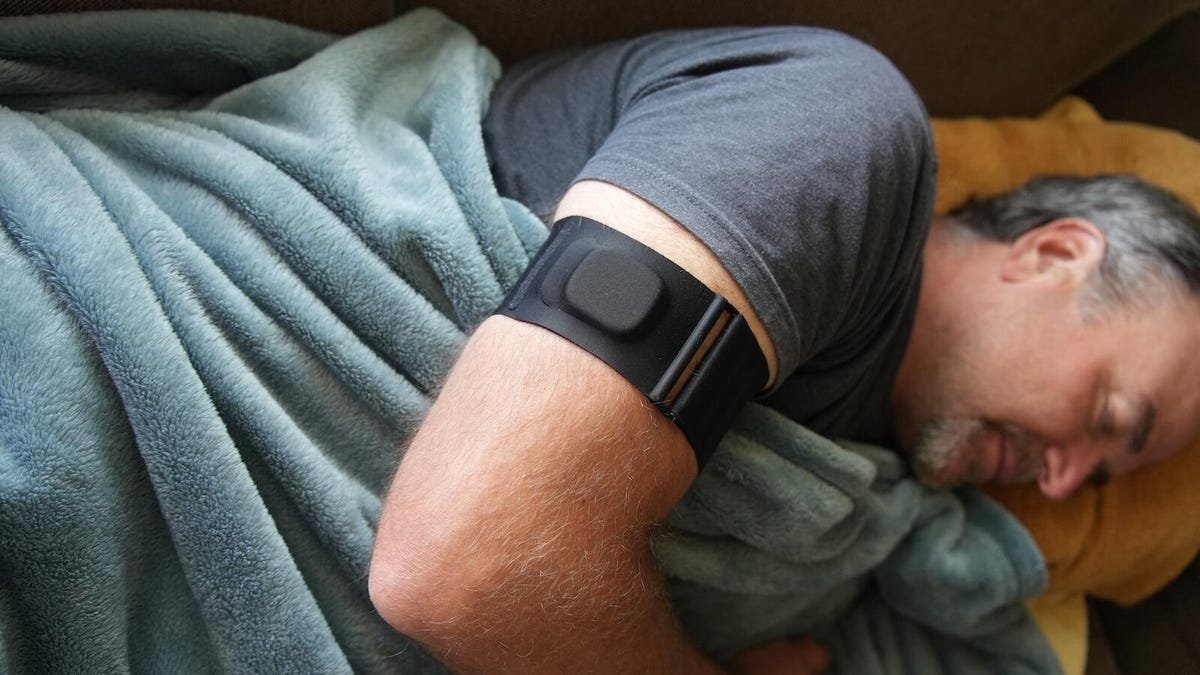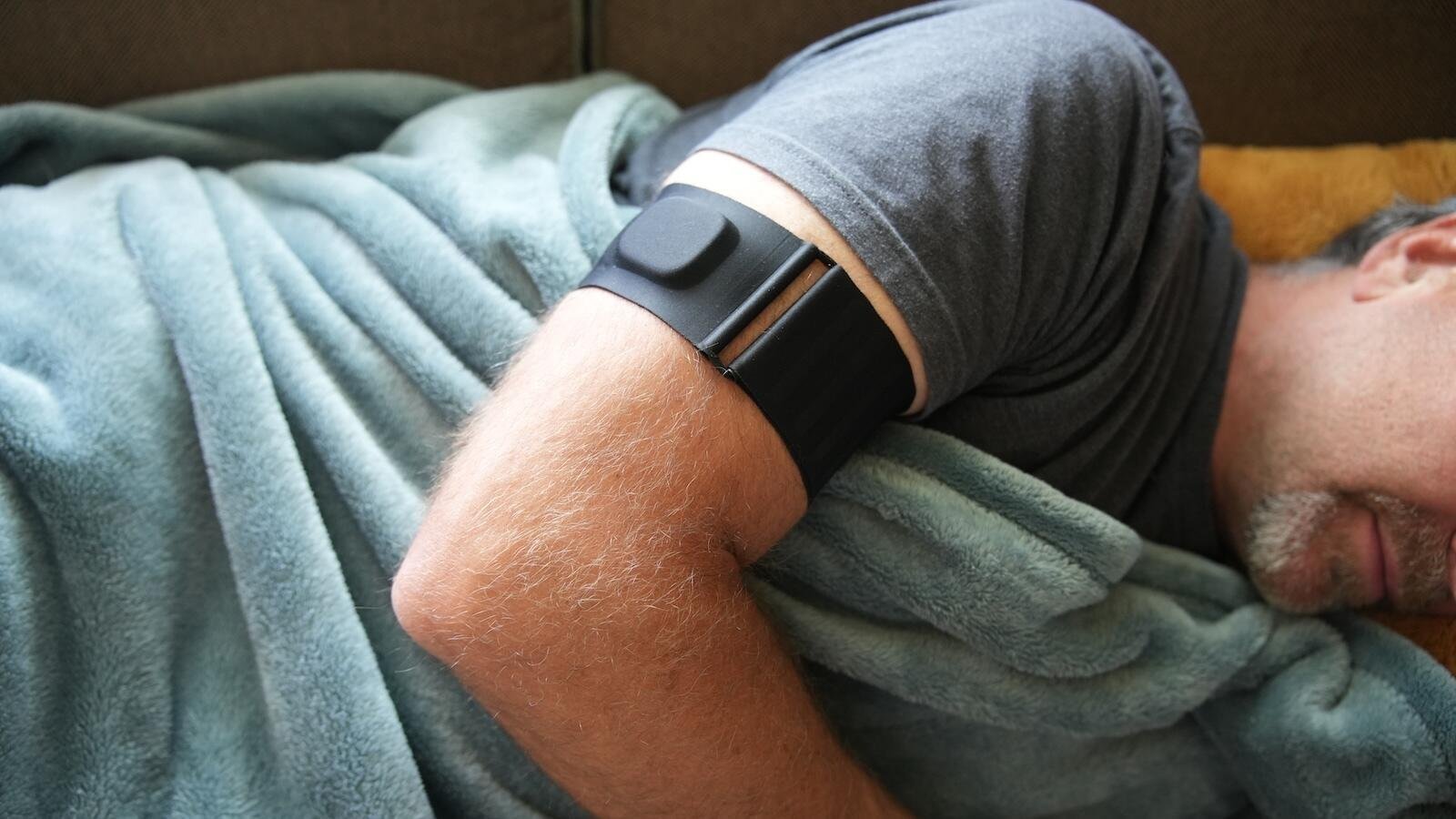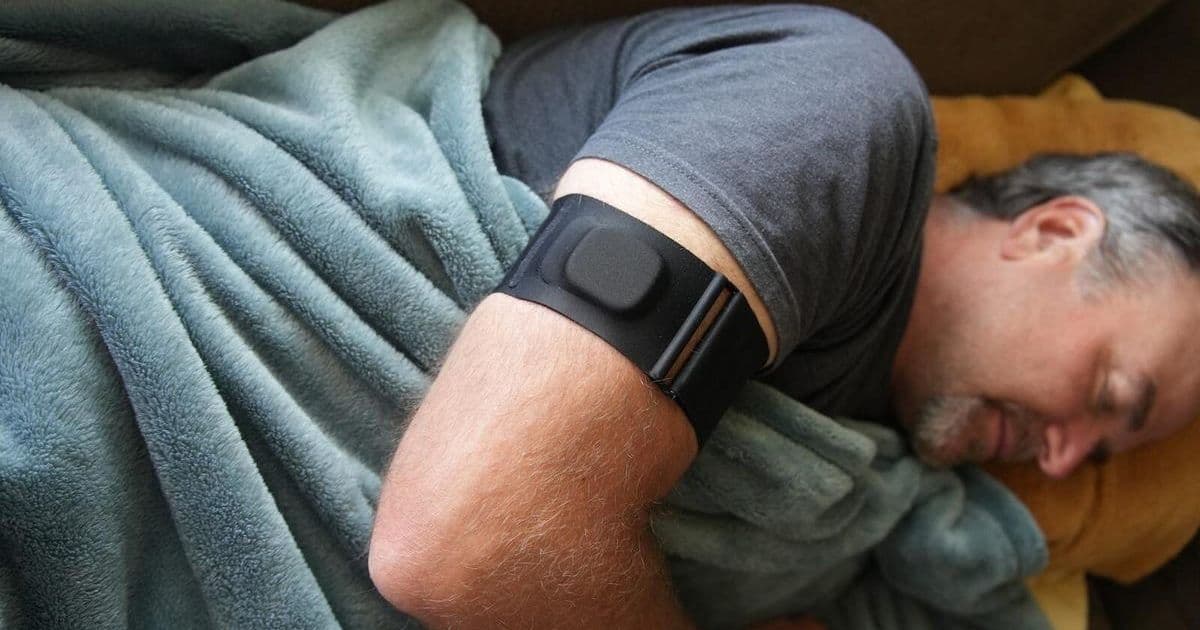After weeks of testing, the Garmin Index Sleep Monitor proves to be an ultra-comfortable, accurate sleep tracker that integrates seamlessly with the Garmin ecosystem, potentially replacing the need for a bulky smartwatch at night. While its single-purpose design excels in delivering detailed sleep metrics, the $170 price tag raises questions about its value for users already invested in multi-functional Garmin watches. This dedicated wearable could revolutionize bedtime routines for fitness enth
Garmin Index Sleep Monitor Review: A Comfortable Alternative to Wearing a Smartwatch to Bed
As a tech enthusiast who's no stranger to the world of wearables, I've long relied on Garmin watches for their robust fitness tracking capabilities. But there's always been a catch when it comes to sleep monitoring: the discomfort of wearing a bulky smartwatch to bed, often leading to data gaps from tossing and turning. Enter the Garmin Index Sleep Monitor, a dedicated armband designed specifically for overnight tracking. After weeks of hands-on testing, this device has me seriously considering ditching my smartwatch at bedtime for good.

Why a Dedicated Sleep Tracker Makes Sense
Garmin has built a reputation for precision in fitness and health metrics, and the Index Sleep Monitor extends that expertise into a niche but crucial area: sleep. Priced at $170 (available in S/M and L/XL sizes), this wearable slips onto your upper arm like a lightweight sleeve, weighing just 16-20 grams. Unlike the bulk of a wrist-worn device, its 2.5-inch wide band is remarkably unobtrusive—I barely noticed it during seven nights of use.
The monitor tracks up to seven nights of sleep on a single charge, using a standard Garmin cable for quick recharges. For someone like me, who sleeps about 7.5 hours per night, the battery life has been spot-on. I simply slide it on before bed, kept on my nightstand, and wake up to comprehensive data without the hassle of wristbands getting caught or causing discomfort.
Seamless Integration with Garmin Connect
What sets the Index Sleep Monitor apart is its deep integration with the Garmin Connect app and ecosystem. Without a Garmin watch, you're limited to app-only viewing, but pairing it with one unlocks a wealth of insights. It captures total sleep time, stages (light, deep, REM), movement, breathing disturbances, resting heart rate, heart rate variability (HRV), blood oxygen levels, and skin temperature.
These metrics feed directly into Garmin's advanced features like Body Battery (energy levels), recovery scores, and even women's health tracking. In my tests, the data was more consistent than what I've gotten from smartwatches, which sometimes miss segments due to poor contact. This accuracy has improved my overall training status, giving me a fuller picture of recovery without compromising sleep quality.

Smart Features and Practical Perks
Beyond basic tracking, the device includes a Smart Alarm that vibrates gently to wake you during a light sleep phase, up to 30 minutes before your set time—similar to features on Garmin's Venu X1 or Vivoactive 6. The vibration has three intensity levels, with easy controls: double-tap to snooze for 10 minutes or four taps to stop.
It's also FSA/HSA eligible, which could offset the cost for eligible users. And while it's primarily for sleep, the sleek design lends itself to other uses, like a heart rate monitor during sports where watches aren't ideal, such as basketball.
The Price Conundrum and Who It's For
At $170, the Index Sleep Monitor feels premium for a single-purpose tool. Many Garmin watches already offer sleep tracking, so this might not appeal to everyone. A sub-$100 price would make it a no-brainer, especially compared to smart rings like Oura, which start around $300 but provide broader daytime functionality.
That said, for Garmin loyalists frustrated by bedtime wearables, this is a game-changer. It eliminates data gaps and battery drain from overnight watch use, fostering better rest and more reliable metrics. In a market flooded with multi-tool devices, the Index Sleep Monitor reminds us that sometimes, specialization breeds excellence.
This review is based on hands-on testing of the Garmin Index Sleep Monitor, as detailed in the original ZDNET article by Matthew Miller (Published Nov. 14, 2025).

Comments
Please log in or register to join the discussion